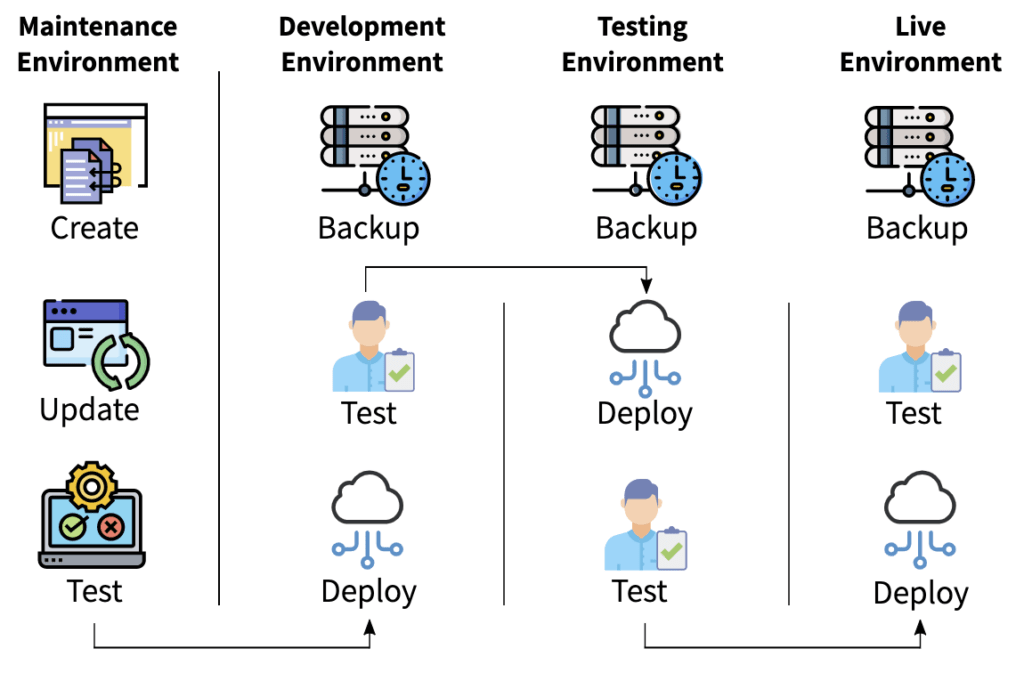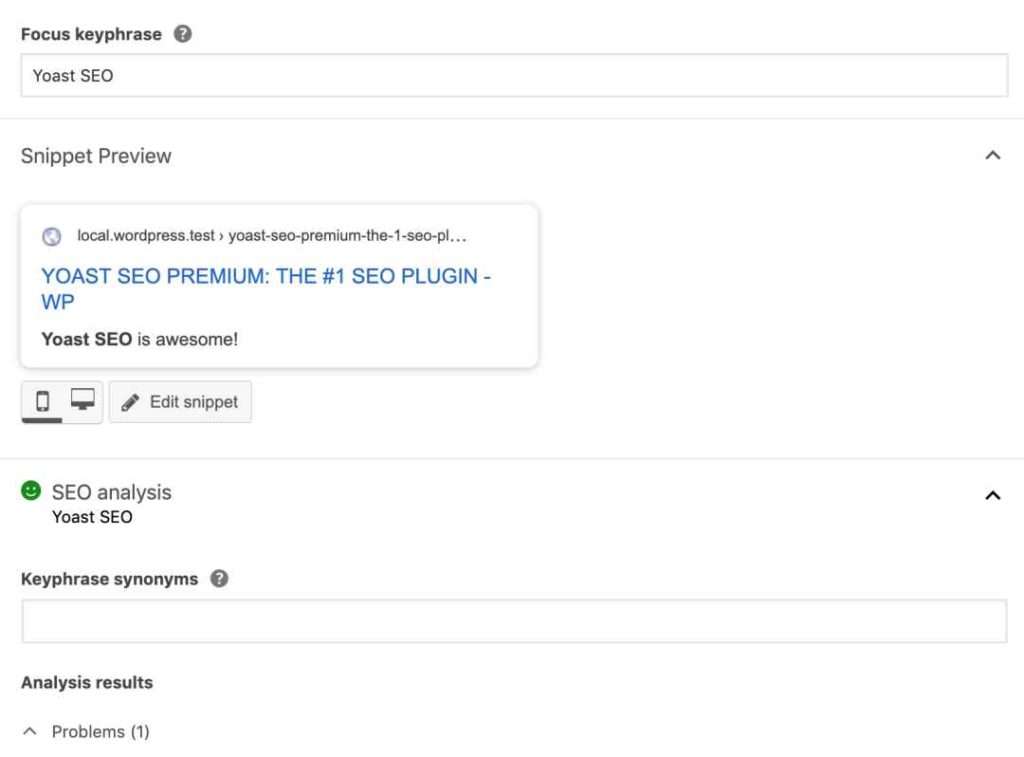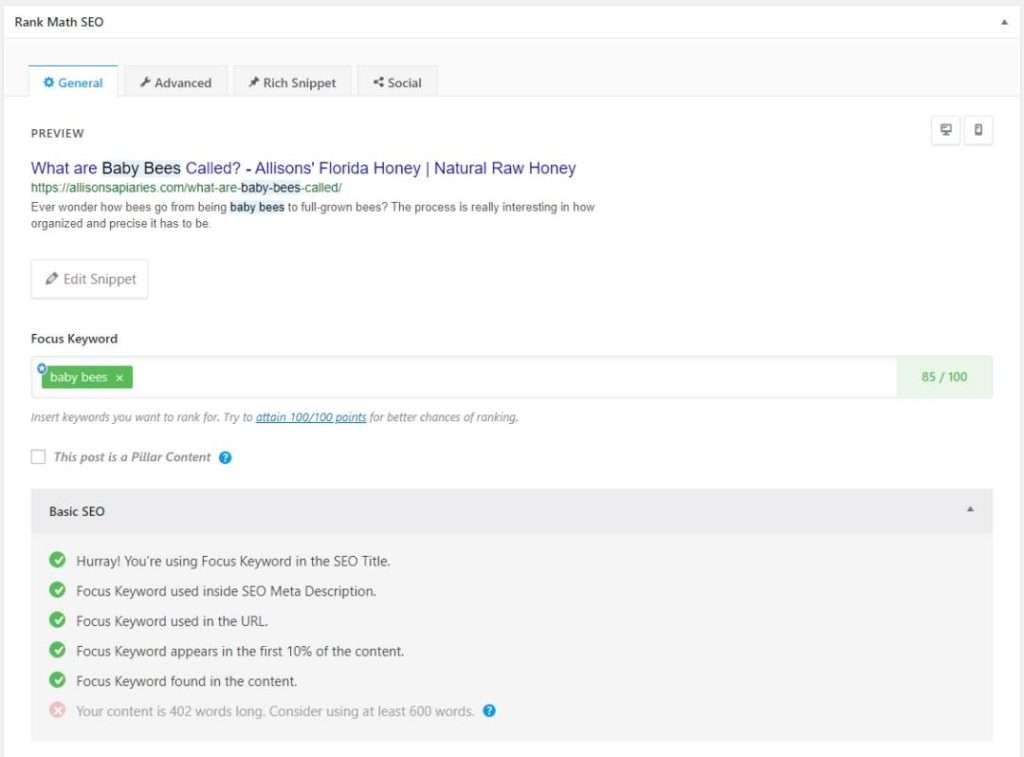Keywords research and SEO are great ways to bring more traffic to your website and help people find your business online.
You’re probably also aware that implementing search engine optimization into your content is a key tactic that can improve your SEO ranking.
However, it’s also important to be aware that having the wrong phrases or too many keywords can negatively impact your ranking, especially as Google evolves its algorithm over time.
Since what people search for plays an important role in people finding your business online it’s important to know how to use them properly.
1. Do Your Own Keywords Research
SEO research is not something you only do once. It should be a constant and ever-changing process within your business. It involves a strategy and a comprehensive understanding of your business and industry.
Although it’s important to grow your customer base, you only want to target the customers that will find value in your business. And you want to ensure that you’re targeting the words and phrases they’re likely to search for, not just the ones you want them to search for.
Targeting anyone and everyone seems like a good strategy at first. But, casting such a wide net can result in catching a lot of visitors who aren’t interested in what you offer. Using the right multi-word phrases tailored to your business and industry will help ensure you are attracting the right customers to your business.

Gone are the days of clicking “Update” and hoping for the best. Let Webidextrous manage your maintenance. We’ll give you back your time and peace of mind.
2. Using The Right Keywords
Very generic searches, also known as “short-tail keywords”, may seem great since people search them more often than long-tail keywords. But this also means they are harder to rank for because they are more competitive.
Unless you’re writing content for large organizations, like Apple or Macy’s, and customers are specifically looking for your product, you don’t want to run the risk of being in a sea of competitors with big brands that have even bigger wallets.
On the other hand, people may not type long-tail phrases into a search engine as often. An example would be “Toast” vs. “Avocado Toast with a Poached Egg”. Long-tail optimization in the content of your website will attract a larger number of customers that are likely to search for any combination of those long-tail words.
Location-based keywords are keywords that are related to your business’s physical address. For example, if your coffee shop is in a popular neighborhood of Orlando, FL, you’ll want to include the name of that specific neighborhood along with “Orlando.” This will help you target more visitors in your area instead of people across town who may not ever make it to your area.
3. Avoid Keyword Stuffing
Another mistake you want to avoid with keywords is the practice of “stuffing”.
Keyword stuffing is adding as many key phrases as possible that may mislead people who search for keywords. It will result in the wrong customers coming to your business online.
Keyword stuffing is generally not an acceptable practice in the digital marketing world. Like most digital marketing principles, less is more, and quality always beats quantity. Make sure to include relevant keywords in your content in a natural way. Pay attention to keyword density using WordPress SEO plugins such as Yoast SEO or Rank Math. Avoid stuffing your content with keywords everywhere and constantly repeating them, even if they are great descriptors.


Conclusion
Do your own keyword research, use the right keywords, and don’t overuse your keywords. Do these things and you’ll be on your way to becoming an SEO expert!


0 Comments